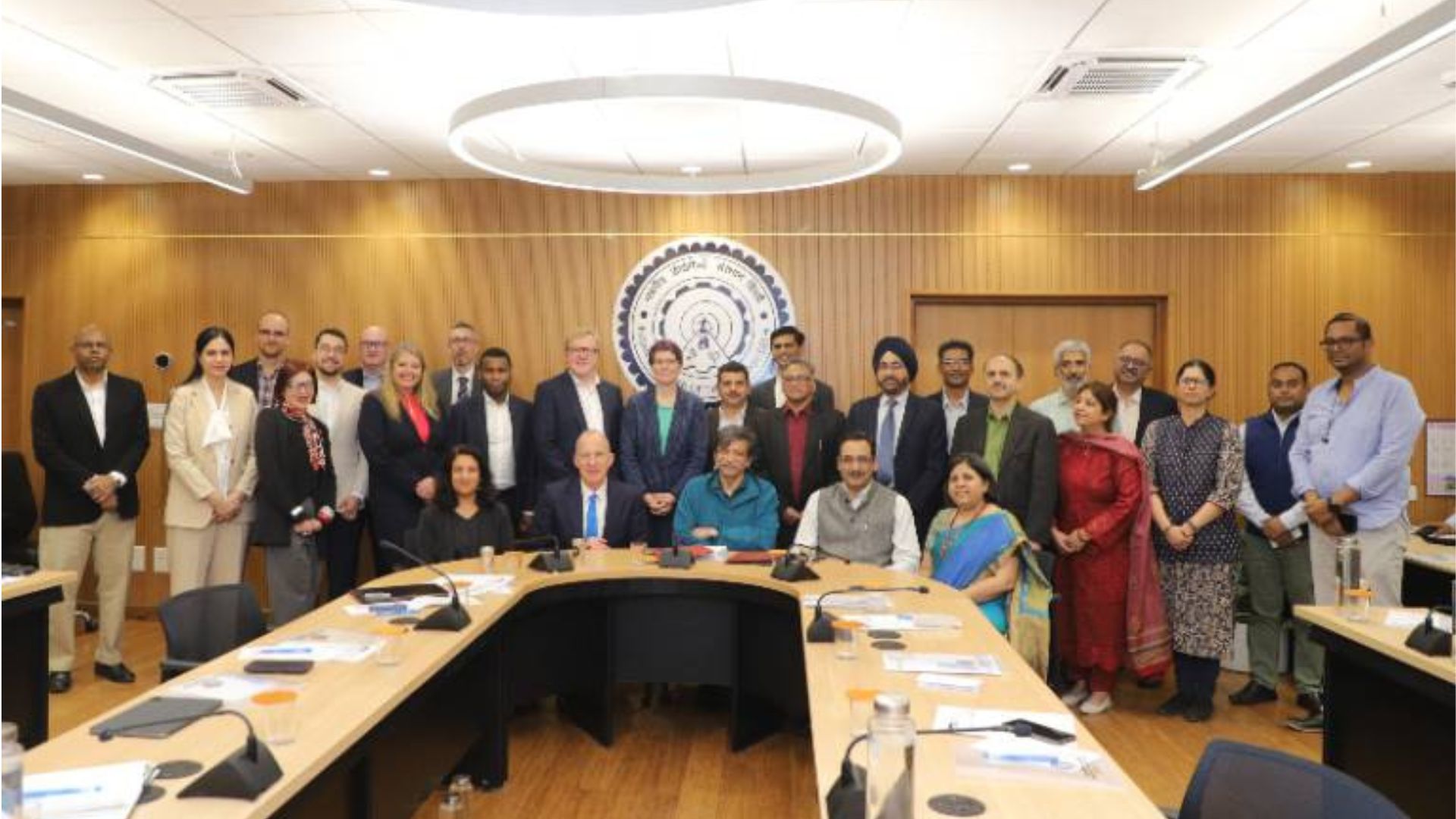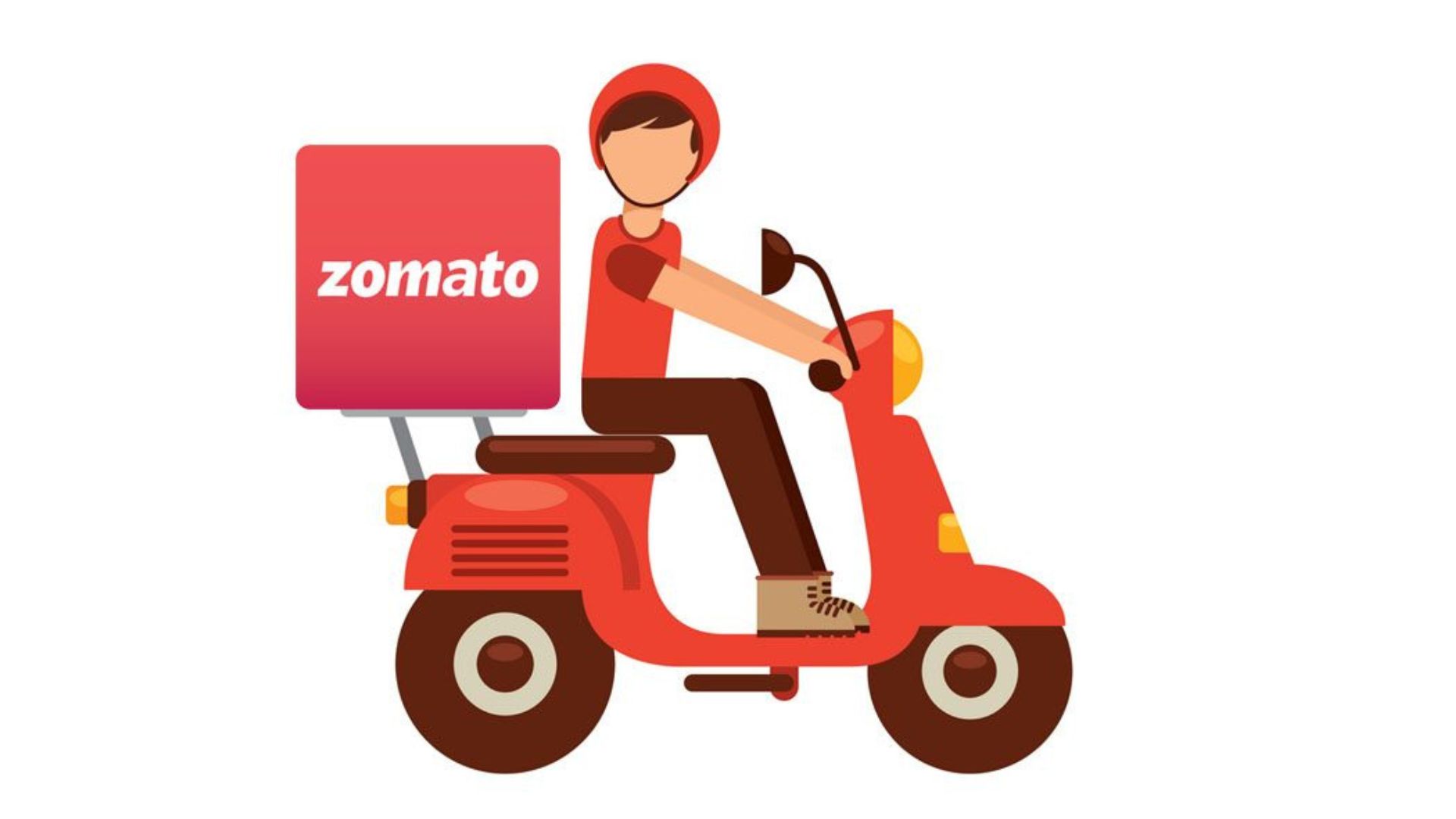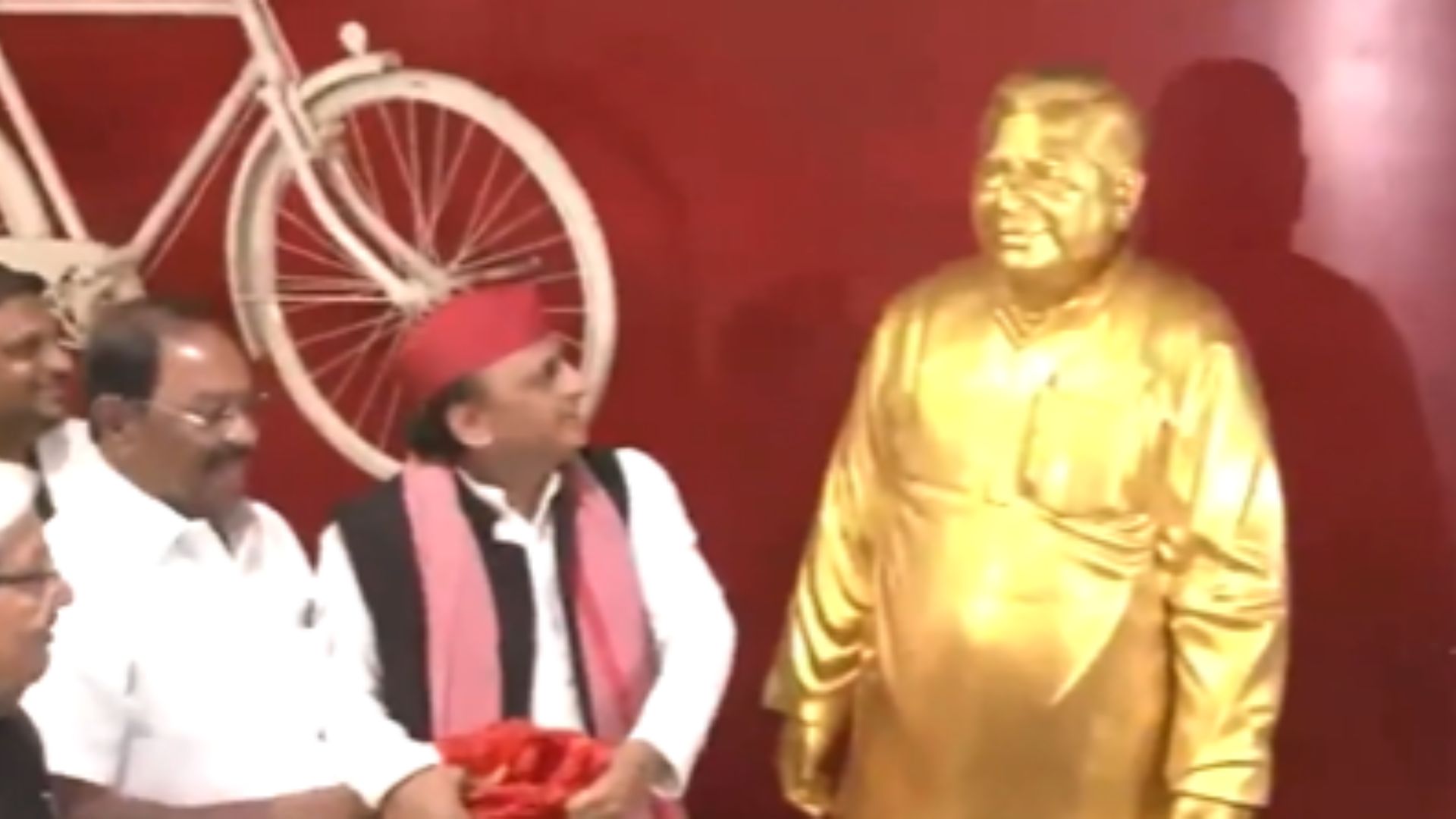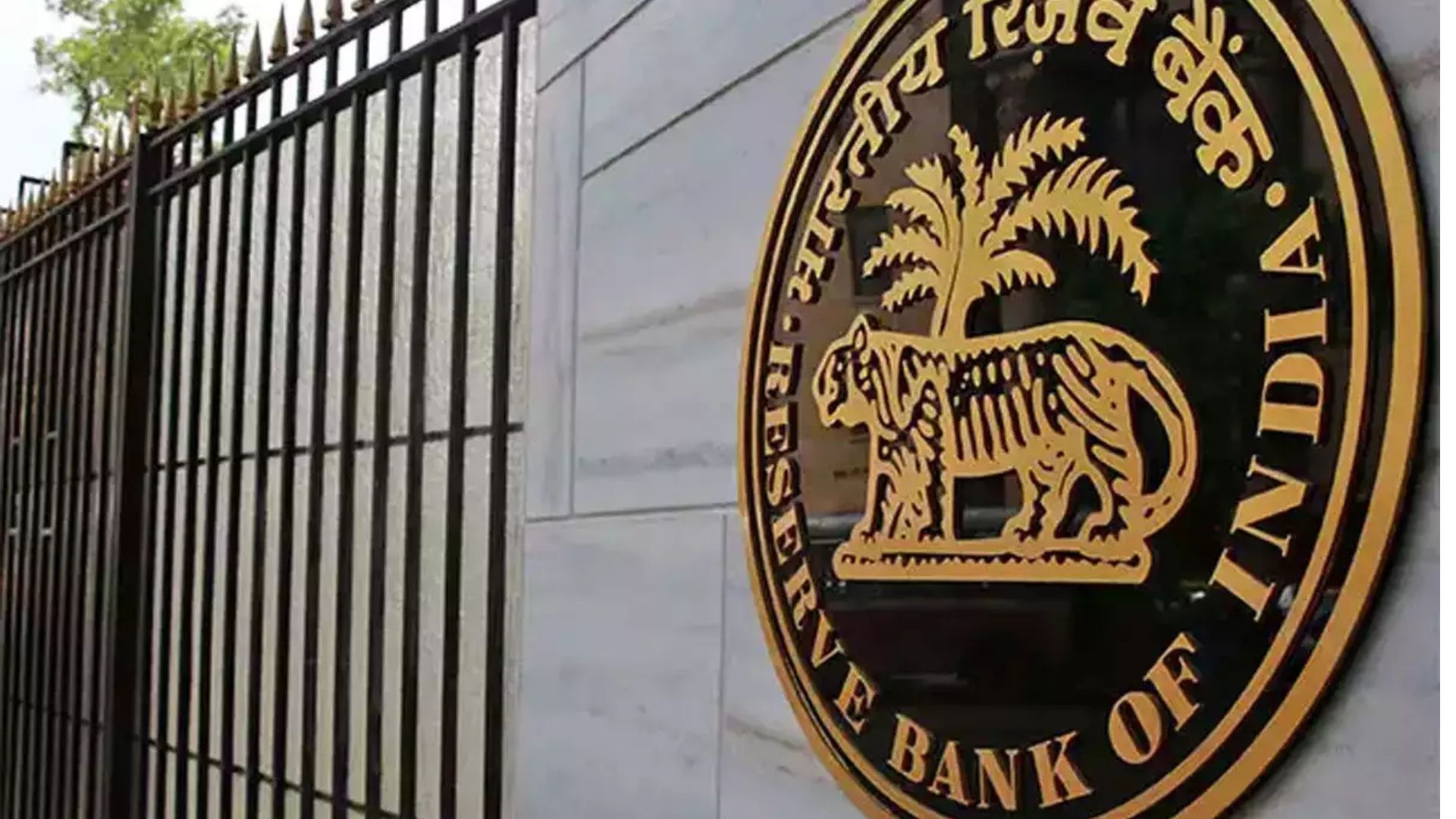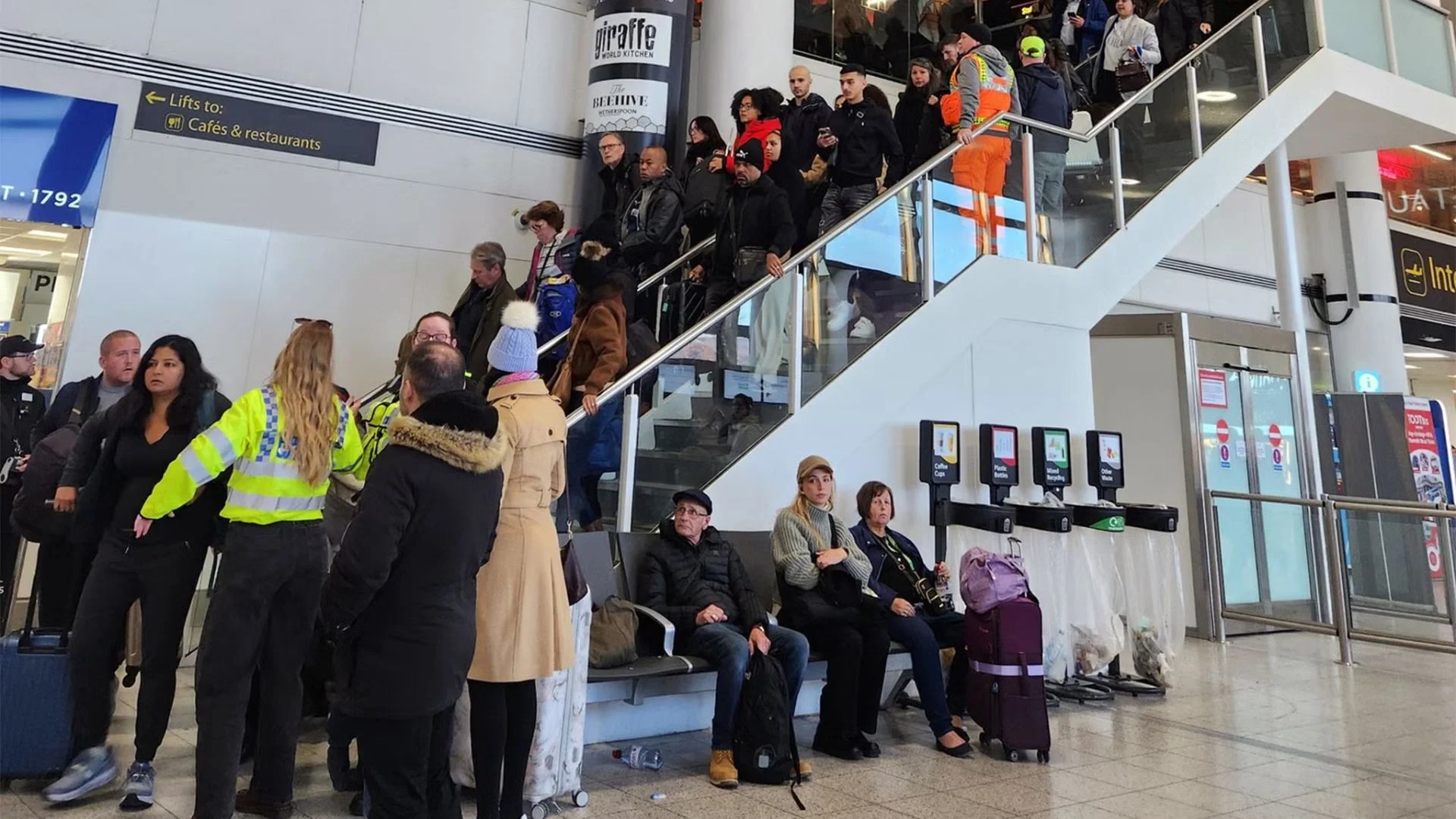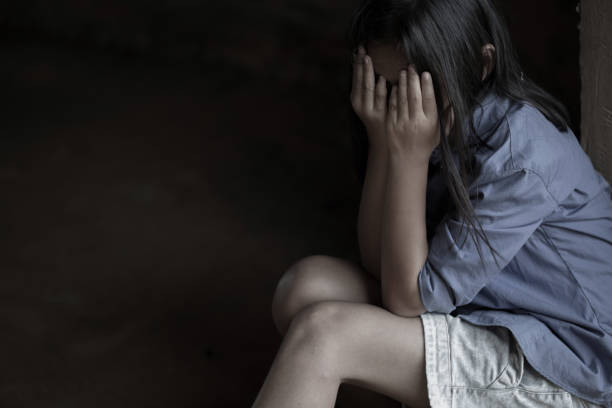
India on Wednesday strongly advocated the need of a concerted effort to tackle the menace of human trafficking at the world forum 145th Assembly of the Inter-Parliamentary Union (IPU).
On the 2nd day of the session, the issue of ‘Addressing the root causes of human trafficking and ensuring survivor centered anti-trafficking legislation and its enforcement’ was discussed. Participating the discussion, Indian delegate Kartikeya Sharma said that Human trafficking is a global problem and one of the fastest growing criminal industries in the world.
“It strikes all genders and ages. The root causes of human trafficking world-wide include those which are economic, or those that stem from social exclusion and gender discrimination or which are political, legal or result from conflict,” he said while delivering his speech.
A 12-member Indian parliamentary delegation, led by Deputy Chairman of Rajya Sabha, Harivansh is now attending the IPU sessions to raise the country’s point of views at the world forum. Rajya Sabha debutant MP Kartikeya Sharma is a part of the delegation.
The Rwandan parliament is hosting the 5-day 145th IPU, began on Tuesday. The meeting is being attended by more than a thousand delegates from 120 IPU member parliaments including India.
Participating a discussion on the theme of ‘Addressing the root causes of human trafficking and ensuring survivor centered anti-trafficking legislation and its enforcement’ at the 145th Assembly of the Inter-Parliamentary Union (IPU) here on Wednesday, Indian parliamentarian Kartikeya Sharma acknowledged that Human trafficking is a global problem.
The MP said, “Human trafficking is a global problem and one of the fastest growing criminal industries in the world. It strikes all genders and ages. The root causes of human trafficking world-wide include those which are economic, or those that stem from social exclusion and gender discrimination or which are political, legal or result from conflict.”
Kartikeya Sharma is attending the IPU programme as a part of 12-member Indian parliamentary delegation, led by Deputy Chairman of Rajya Sabha, Harivansh. The Rwandan parliament is hosting the 5-day 145th IPU, began on Tuesday. The meeting is being attended by more than a thousand delegates from 120 IPU member parliaments including India, including 60 presidents and vice-presidents.
He mentioned that Indian constitution has provisions to prevent trafficking. “Article 23 prohibits trafficking in human beings and other similar forms of forced labour. Article 39(e) and 39(f) ordains that the health and strength of individuals are not abused and that no one is forced by the economic necessity to do work unsuited to their age or strength and that childhood and youth should be protected against exploitation. The Immoral Traffic Prevention Act, 1956 is a legislation which specifically addresses trafficking. Apart from this various legislations have been enacted directly and indirectly to deal with human trafficking.”
He further said, “Our Government is implementing ‘Ujjawala’, a comprehensive scheme for prevention of trafficking and rescue, rehabilitation, reintegration and repatriation of victims of trafficking for commercial sexual exploitation. Under ‘Rehabilitation’ component of the scheme, grant is provided for setting up of Ujjawala Homes on rent, staff, food, medical care, legal aid, education and vocational training.”
He mentioned that through amendments to criminal laws, India now provides stringent punishment for trafficking. Section 370 and 370A of the Indian Penal Code (IPC) specifically deal with the crime of trafficking of persons. Section 370 of IPC was strengthened by the Criminal Law (Amendment) Act 2013 to enlarge the scope of offences of trafficking.
“I would like to state here that the Government of India has provided financial assistance of approximately Rs 100 crores to all States and Union Territories (UTs) in the financial year 2019-20 and 2020-21 for strengthening the existing Anti Human Trafficking Units (AHTUs) in the States and UTs and for establishing new AHTUs in all districts. An Advisory to all the States and UTs on preventing and combating human trafficking have been issued, especially during the period of Covid-19 pandemic, advising them to make the AHTUs functional on urgent basis,” he further added.
He said that review of various Women Safety projects with States and UTs, including the scheme for setting up/strengthening Anti-Human Trafficking Units are being done on a periodic basis. “We have also established an online monitoring portal in January, 2021 for the States and UTs to update the progress of AHTUs on this portal and for sharing their best practices and success stories,” he added.
Talking about UN conventions, Kartikeya Sharma said, “India’s international commitments in this regard also reflect our resolve to address the issue of human trafficking. We have ratified the United Nations Convention on Transnational Organised Crime (UNCTOC), and its three Protocols, one of which is on Prevention, Suppression and Punishment of Trafficking in Persons, particularly Women and Children. We have also ratified the SAARC Convention on Preventing and Combating Trafficking in Women and Children for Prostitution and a Regional Task Force was constituted to implement the SAARC Convention.”
“Moreover, a Memorandum of Understanding between India and Bangladesh on Bi-lateral Cooperation for Prevention of Human Trafficking in Women and Children, Rescue, Recovery, Repatriation and Re-integration of Victims of Trafficking was signed in June, 2015. For dealing with cross border trafficking, victim identification and repatriation as well as to make the process speedy and victim-friendly, a Task Force of India and Bangladesh was constituted. Other bilateral Memorandum of Understandings have also been signed by India with UAE, Cambodia and Myanmar,” he further said.
